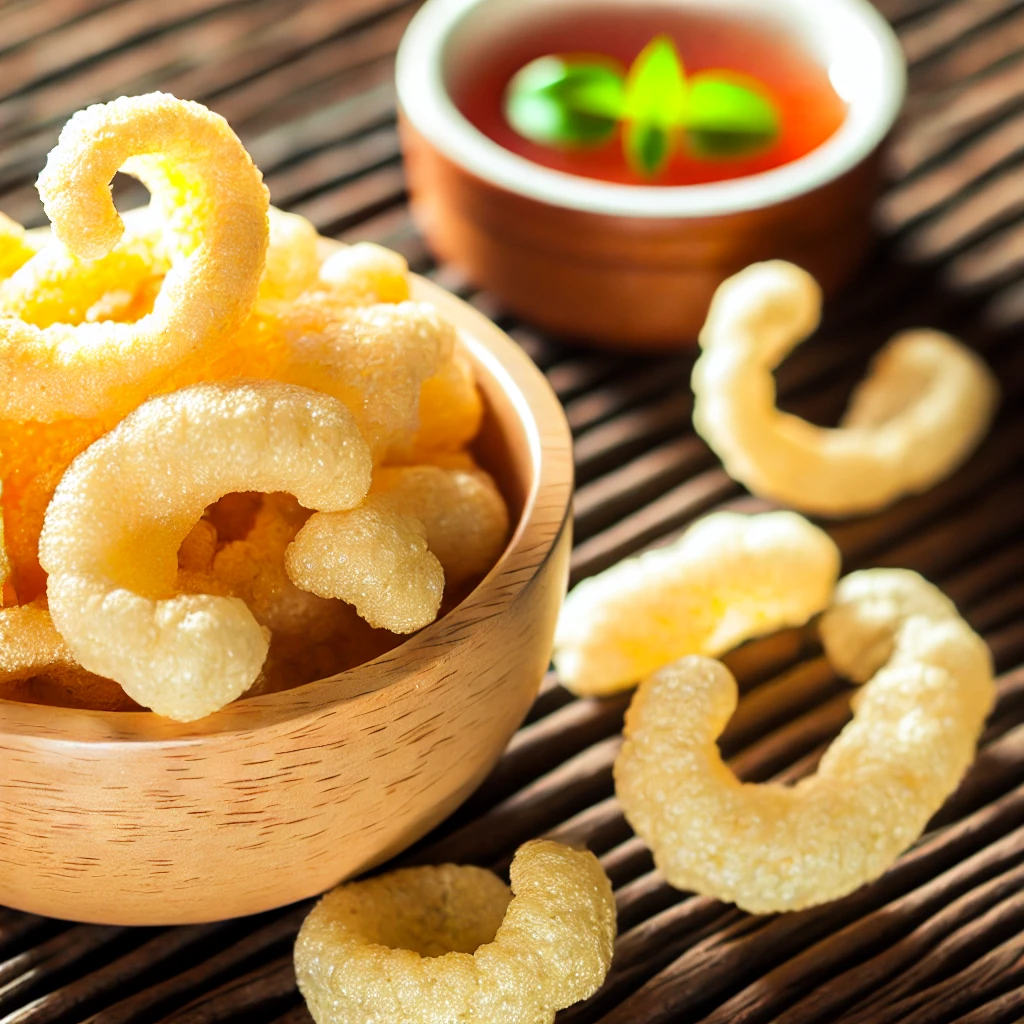
What Are Pork Rinds?Why Pork Rinds Are Keto-Friendly
Description
Crunchy Delights: Exploring the World of Pork Rinds

Pork rinds are a popular snack made from the skin of pigs. The process of making pork rinds involves frying or roasting pig skin until it becomes crispy and puffy. They have been a staple in various cuisines around the world, known for their rich flavor and satisfying crunch. Pork rinds can be enjoyed on their own, as a topping for dishes, or as an ingredient in various recipes.
The Process of Making Pork Rinds
To make pork rinds, the skin is first separated from the pig and cleaned. After being cut into small pieces or strips, the skin is cooked in hot oil until it becomes crispy. Some methods involve slow cooking the skin to render out excess fat, followed by deep frying to achieve a crunchy texture. Other recipes may use a baking or roasting process.
The result is a light, airy snack that has a distinct pork flavor, often enhanced with seasonings like salt, pepper, garlic, or chili powder. Pork rinds can be found in a variety of flavors, depending on the manufacturer.
What Does Pork Rind Taste Like?
Pork rinds are renowned for their unique and savory flavor. The taste is rich and meaty, with a hint of smokiness and saltiness. The texture is crispy and crunchy, giving them a satisfying bite. The skin's fat content plays a key role in the flavor, contributing to its juicy, savory taste. While they have a rich pork flavor, the seasoning on the rinds can vary widely, ranging from simple salt to more complex flavor profiles like BBQ, chili, or even sweet variations.
The taste of pork rinds can be described as a combination of crispy, salty, and slightly fatty, making them a flavorful snack for those who enjoy bold, savory flavors.
Pork Rinds vs. Cracklings vs. Fatbacks — What's the Difference?
Although pork rinds, cracklings, and fatbacks all come from the pig’s skin and fat, there are subtle differences between these terms based on the preparation method and the final product.
Pork Rinds
Pork rinds are the fried or roasted skin of the pig, typically without much fat left on. They are crisp, puffy, and light, with a delicate crunch. Pork rinds are usually sold as a snack and are most commonly found in a variety of seasoned flavors.
Cracklings
Cracklings are pieces of pork skin and fat that are cooked together, often in a slow-fried process. Unlike pork rinds, cracklings still contain some of the fat, which gives them a slightly more chewy texture. Cracklings tend to be denser and meatier compared to the light and airy nature of pork rinds.
Fatbacks
Fatbacks are the thicker layer of fat that sits beneath the pig's skin, often used for rendering lard or making sausages. Fatbacks are usually not consumed as a snack on their own, though they may be incorporated into dishes like stews or sausages. The fatback is less crunchy than pork rinds and more greasy than cracklings.
In short, the main difference lies in the fat content and texture:
- Pork rinds are light and crispy, with little to no fat.
- Cracklings are thicker, fattier, and denser.
- Fatbacks are mostly fat, often used for cooking rather than snacking.
Pork Rind Nutrition and the Keto Diet
Pork-rinds are an excellent snack choice for those following the ketogenic (keto) diet. The keto diet focuses on high-fat, low-carb foods to promote ketosis, a metabolic state where the body burns fat for fuel instead of carbohydrates. Since pork-rinds are made from the fatty skin of the pig and contain minimal carbohydrates, they fit perfectly into this diet.
Nutritional Breakdown of Pork Rinds
A typical serving of pork-rinds (about 1 ounce or 28 grams) provides:
- Calories: Around 150-180 calories
- Fat: 9-12 grams (depending on the brand)
- Protein: 9-10 grams
- Carbohydrates: 0 grams
- Fiber: 0 grams
The high protein and fat content make pork-rinds a filling and satisfying snack. They are also a good source of collagen, which may offer benefits for joint and skin health. However, it’s important to consume them in moderation, as they can be high in sodium and unhealthy fats depending on the seasoning and preparation method.
Why Pork Rinds Are Keto-Friendly
Because they are rich in fat and protein with no carbs, pork-rinds are a popular snack among keto dieters. They can be eaten on their own or used as a substitute for breadcrumbs in various recipes, such as meatballs, breading for fried foods, or as a crunchy topping for salads. Many people also enjoy pork-rinds as a dipper for sauces like guacamole or queso.
How to Eat Pork Rinds
Pork-rinds can be eaten in many different ways, whether as a standalone snack, a topping, or as part of a meal. Here are a few ideas on how to enjoy pork-rinds:
1. As a Snack
The simplest way to eat pork-rinds is to enjoy them straight from the bag. Whether you prefer them plain or seasoned with BBQ, ranch, or hot spice, they make for a crispy, savory snack to satisfy your cravings.
2. With Dips
Pork-rinds can be paired with a variety of dips, making them a perfect addition to your party spread or game-day snacks. Try them with guacamole, salsa, or cheese dips for a crunchy contrast to the creamy textures.
3. As a Topping
Pork-rinds are a great way to add crunch and flavor to dishes like salads, casseroles, or chili. Crushed pork-rinds can serve as a low-carb substitute for croutons or breadcrumbs, offering an added flavor punch to your favorite recipes.
4. As a Breading Substitute
If you're following a low-carb diet, you can crush pork-rinds and use them as a breading for meats or vegetables. Simply coat your chicken, fish, or vegetables in crushed pork-rinds and bake or fry them to create a crispy exterior without the carbs.
5. With Eggs or Avocado Toast
For a quick, filling breakfast, sprinkle crushed pork-rinds over scrambled eggs or avocado toast. The crunch of the rinds pairs well with the creaminess of avocado and the richness of eggs.
Pork-rinds are a versatile, flavorful snack that can be enjoyed in many different ways. Whether you're following a specific diet or simply love the taste of crispy pork skin, pork-rinds are a satisfying, crunchy treat that adds variety to your snack choices.
Related
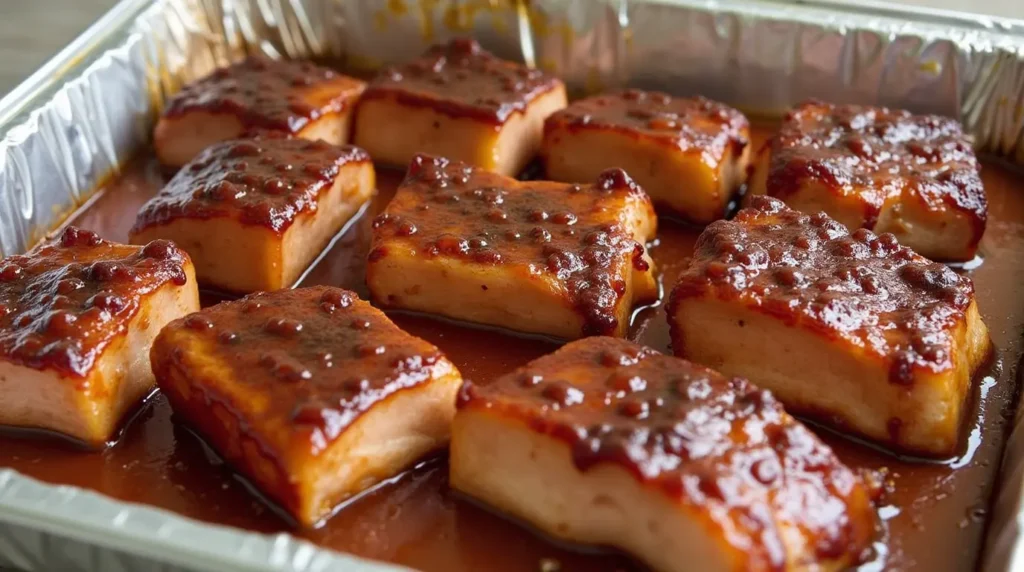
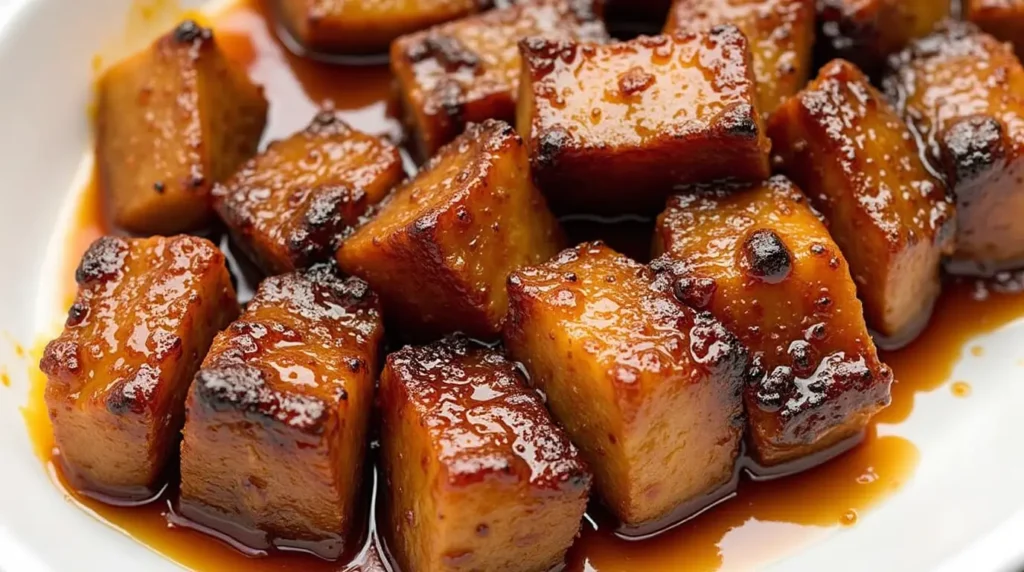
Note
Handpicked Recipes
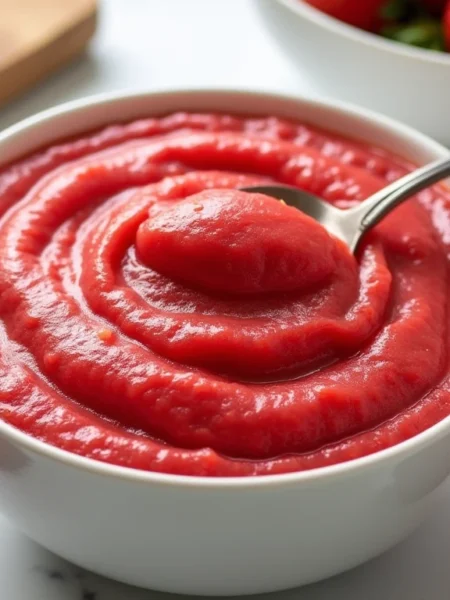

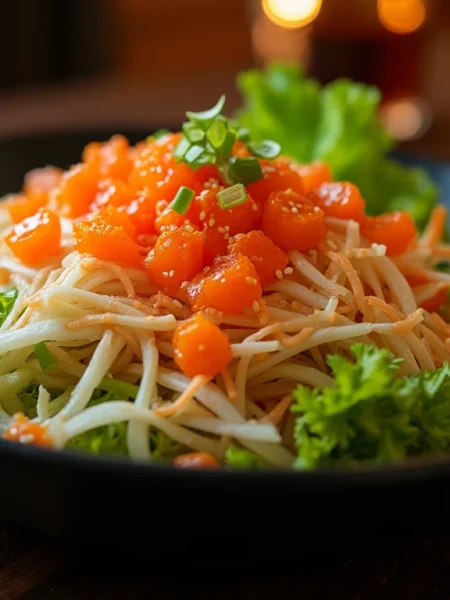
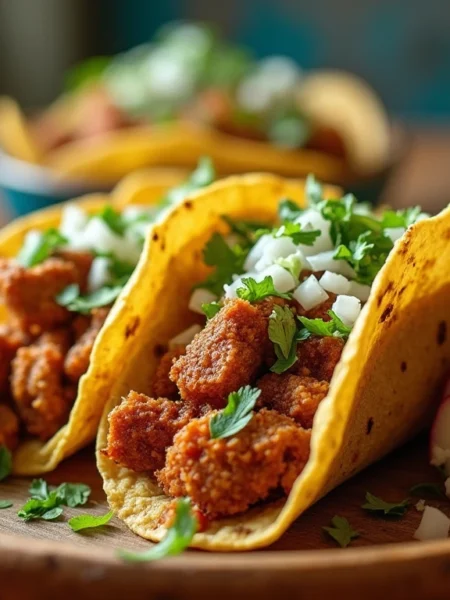
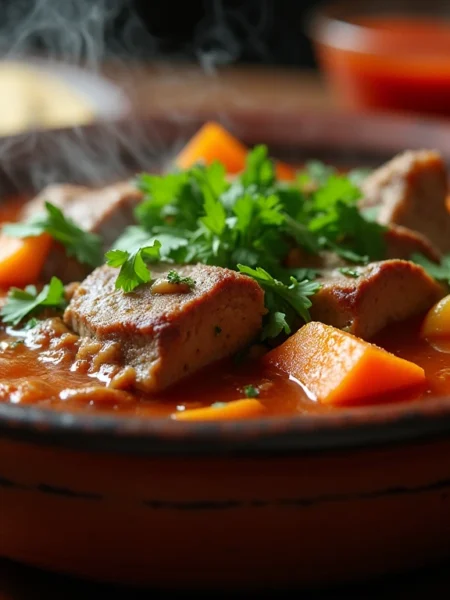
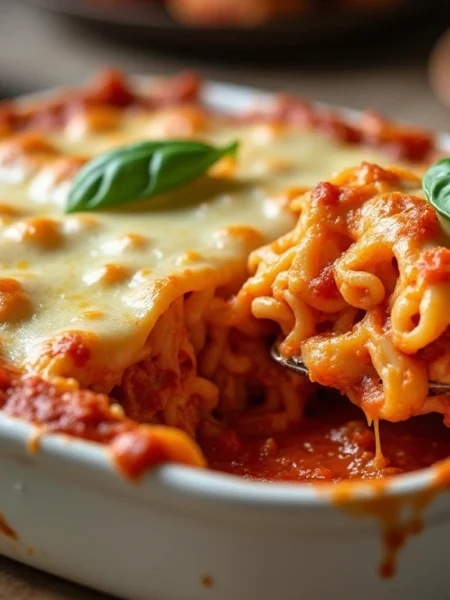





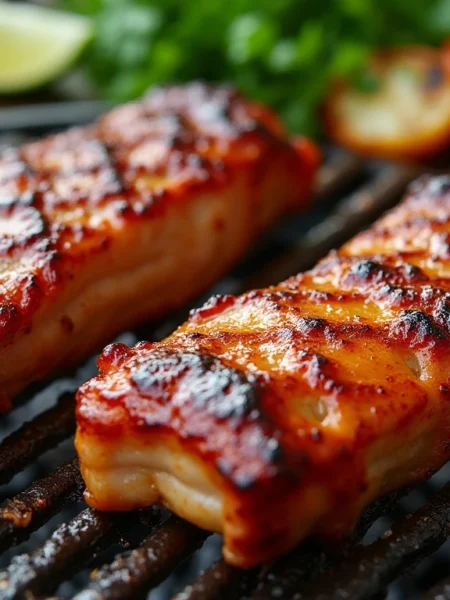


You may also like...
What Is Vermicelli?
white claw:Tested 10 Hard Seltzer Brands to Find the Best
How to Easily Convert 180 C to f (Fahrenheit) easy: 180°C Equals 356°F